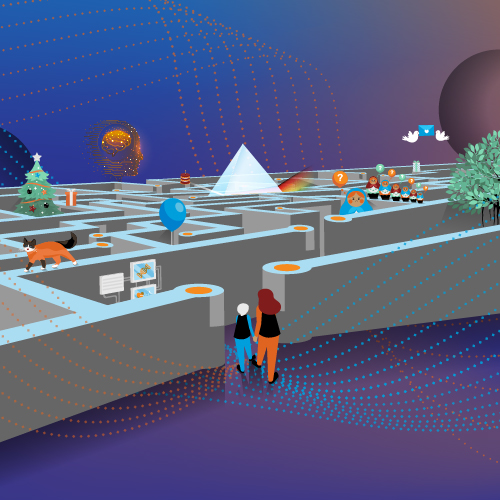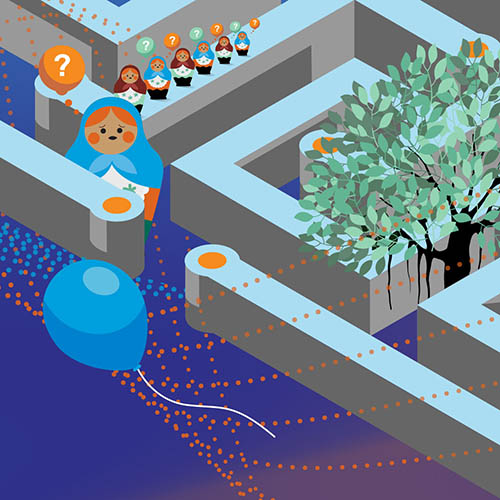Highlights
Second book of quantum short stories launched

CQT is launching a second anthology of short stories inspired by quantum physics. Quantum Shorts, volume 2, presents 38 stories from 38 authors.
The stories are prize winners, shortlisted and honourably mentioned entries to Quantum Shorts flash fiction competitions since 2019.
CQT organised the international Quantum Shorts flash fiction competition for six editions, in alternate years since 2013. Through the years, we have been impressed by the many different ways that writers can tell quantum stories. A first book published in 2019 collected stories from the first three competitions. We are pleased to now launch a second book collecting stories from the final three flash fiction competitions.
It is now available to download as a free e-book.
In one story, two lovers’ relationship hangs in the balance as a quantum computer calculates, in another, a quantum computer chats with its classical counterpart. There are tales of a demon-haunted world, a grumpy Observer handling the fate of the universe, a musician looking for his hit single, and many more.
“The Centre for Quantum Technologies takes enormous pride in hosting this space for discovery and creativity,” writes CQT Director José Ignacio Latorre in the book’s foreword. “Every one of the authors in this book has experienced the magic of sheer creation. Quantum is better when minds play with it in all possible variations.”
The new anthology explores variations on different, imaginative quantum technologies, the ways in which such technologies may shape societies and how people may respond. As the quantum industry develops, these fictional scenarios are a good sandbox, and the book is an invitation to toy with these ideas.
CQT gratefully acknowledges the support of Quantum Shorts’ international partners of the last three runs of the flash fiction competition. They are media partners Scientific American and Nature, and scientific partners the Australian Research Council Centre of Excellence for Engineered Quantum Systems; the Dodd-Walls Centre for Photonic and Quantum Technologies at the University of Otago in New Zealand; the Institute for Quantum Computing at the University of Waterloo in Canada; the Institute for Quantum Information and Matter at Caltech in the United States; QuTech, a mission-driven research institute of Delft University of Technology (TU Delft) and the Netherlands Organisation for Applied Scientific Research (TNO); and the United Kingdom National Quantum Technologies Programme.
The e-book is available for free download on the Google Play Store, as well as on bookfies.com and the Quantum Shorts website at shorts.quantumlah.org. The Quantum Shorts website also hosts films entered into the Quantum Shorts contests on years between fiction contests, when the open call and prizes were for short films instead of flash fiction.









